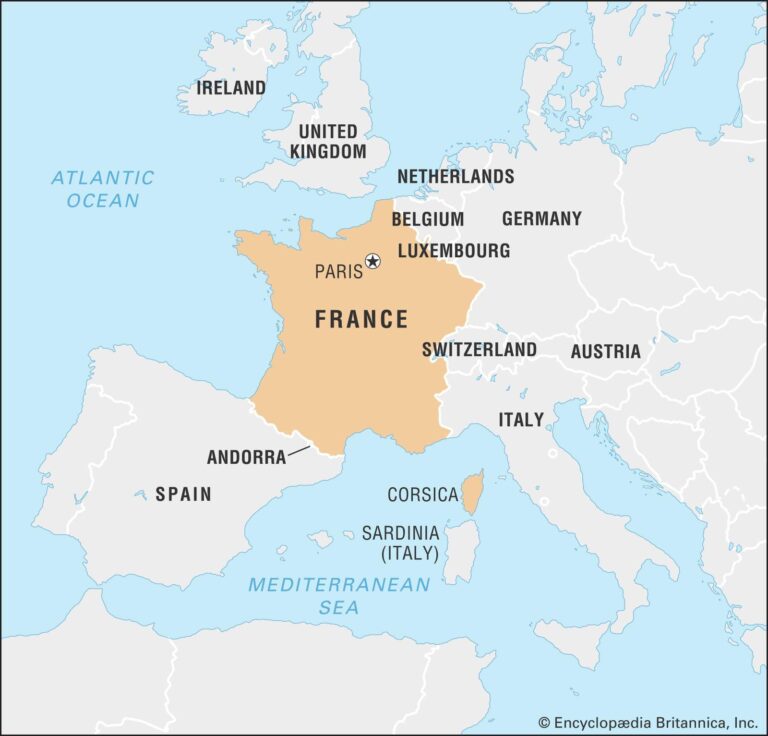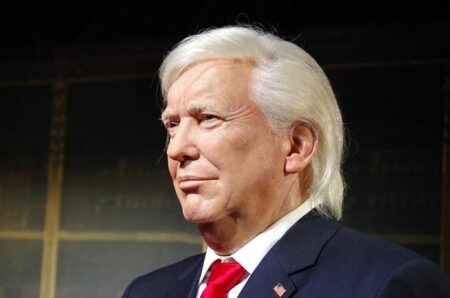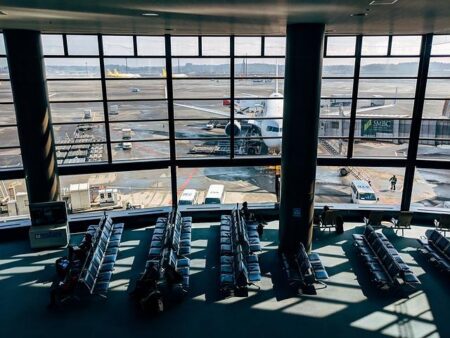France finds itself at the center of a diplomatic dispute with Mali following the arrest of several French embassy staff members over allegations of involvement in a purported coup plot. The incident has intensified already strained relations between the two countries, raising concerns about diplomatic security and regional stability. This development marks a significant escalation in tensions, as both sides navigate a complex political landscape in West Africa.
France and Mali Diplomatic Tensions Escalate Amid Arrest of Embassy Personnel
The arrest of several French embassy personnel in Bamako has pushed diplomatic relations between France and Mali to a precarious brink. Malian authorities have accused the detainees of involvement in an alleged coup conspiracy, a charge vehemently denied by Paris. This development has led to heightened tensions, with France demanding immediate release and transparency, while Mali insists on pursuing its judicial process independently, citing national sovereignty concerns.
Key points in the escalating dispute include:
- Diplomatic protests: France has summoned Malian diplomats, condemning the arrests as unfounded and harmful to bilateral relations.
- International reactions: The African Union and United Nations have expressed concern over the potential destabilization in the region.
- Security implications: The incident complicates ongoing counterterrorism cooperation between the two countries.
| Mali’s Allegation | France’s Response |
|---|---|
| Support for coup plotters | Denial and call for release |
| Violation of diplomatic immunity | Reaffirmation of embassy staff protections |
| Threat to national security | Emphasis on cooperation against terrorism |
Implications of the Alleged Coup Plot on Bilateral Relations and Regional Stability
The arrest of French embassy personnel under accusations of involvement in a coup plot has significantly strained the longstanding diplomatic ties between France and Mali. This development not only jeopardizes bilateral cooperation but also raises concerns about the future of foreign aid, military assistance, and economic partnerships. France, which has maintained a strategic presence in Mali for years, views the detentions as a breach of diplomatic norms, potentially prompting retaliatory measures or a reevaluation of its engagement in the Sahel region.
Beyond the immediate Franco-Malian relationship, the incident has rippled across West Africa, threatening regional stability. Neighboring countries and international stakeholders wary of escalating tensions and political instability are closely monitoring developments. Key implications include:
- Undermining counterterrorism efforts critical in combating insurgency groups active in the Sahel.
- Deterioration of regional trust impacting multilateral security frameworks.
- Potential realignment of alliances as Mali may seek new international partners.
| Impact Area | Potential Outcome |
|---|---|
| Diplomatic Relations | Heightened tensions, sanctions risk |
| Security Cooperation | Disruption in joint operations |
| Economic Aid | Possible suspension or reduction |
Key Strategies for Diplomatic Resolution and Strengthening International Cooperation
In addressing the recent diplomatic tensions between France and Mali, a multifaceted approach rooted in open dialogue and mutual respect is essential. Both nations must prioritize transparent communication channels to dismantle misconceptions and build trust. Engaging in regular bilateral talks that emphasize not only the immediate allegations but also long-term geopolitical concerns can pave the way for constructive outcomes. Additionally, involving neutral third-party mediators or international organizations could facilitate unbiased negotiations, fostering an environment conducive to peaceful resolution.
To reinforce partnerships beyond crisis moments, states should emphasize collaboration on shared interests such as security, economic development, and cultural exchange. Key strategic actions include:
- Joint security initiatives to combat regional instability
- Enhanced consular protections ensuring the safety of diplomatic personnel
- Cooperative intelligence sharing to prevent misinformation and security threats
- Regular cultural diplomacy programs to foster people-to-people connections
| Strategy | Purpose | Expected Outcome |
|---|---|---|
| Neutral Mediation | Impartial facilitation of dialogue | Reduced hostilities |
| Security Cooperation | Joint threat assessment and response | Enhanced regional stability |
| Consular Safeguards | Protection of embassy staff | Increased diplomatic confidence |
Closing Remarks
As the situation unfolds, the diplomatic tensions between France and Mali continue to escalate, underscoring the fragile nature of their bilateral relations in a region already grappling with political instability. Both nations face mounting pressure to address the allegations and navigate the fallout from the embassy arrests, with the international community closely monitoring developments. The outcome of this dispute will likely have significant implications for diplomatic engagement and regional security in West Africa.




